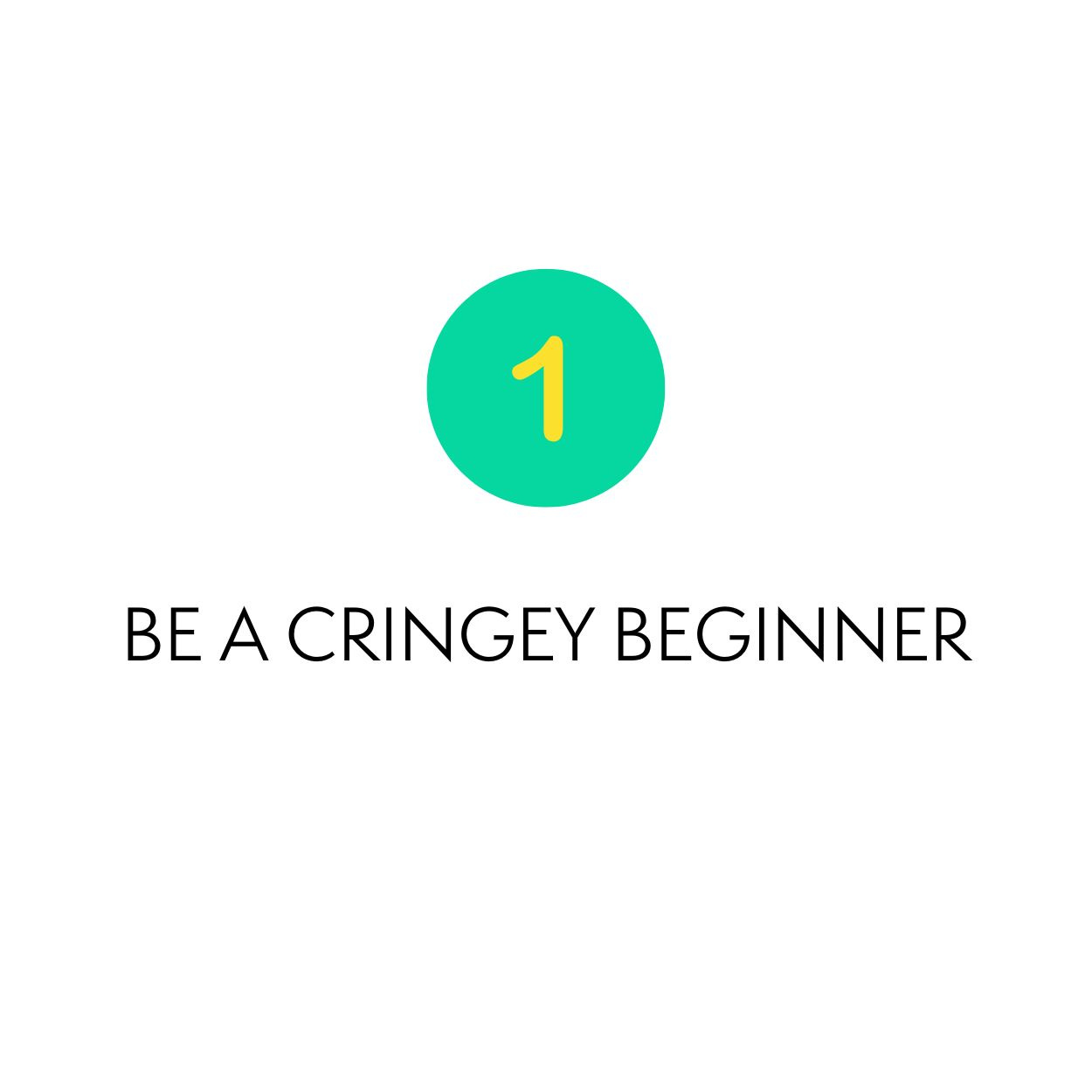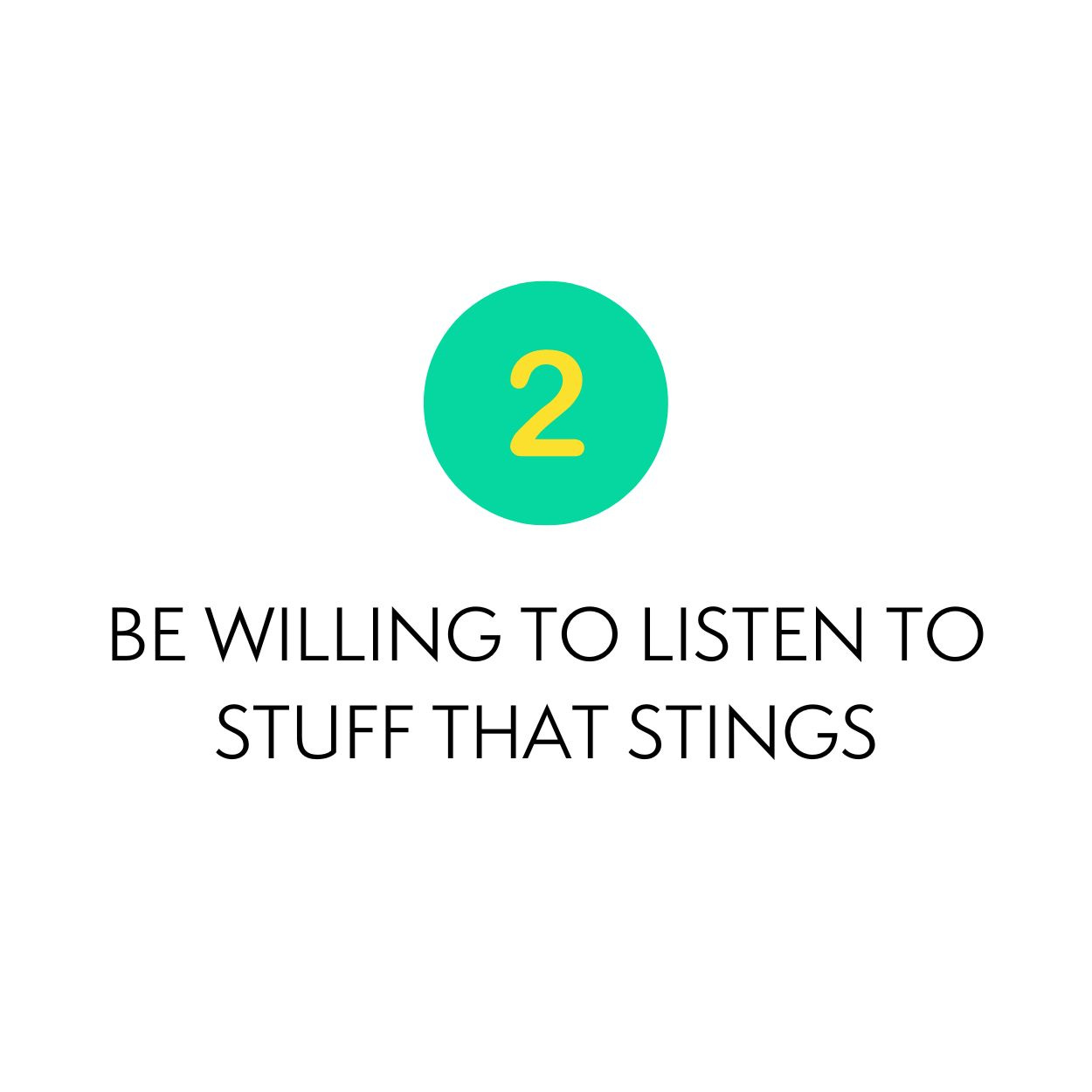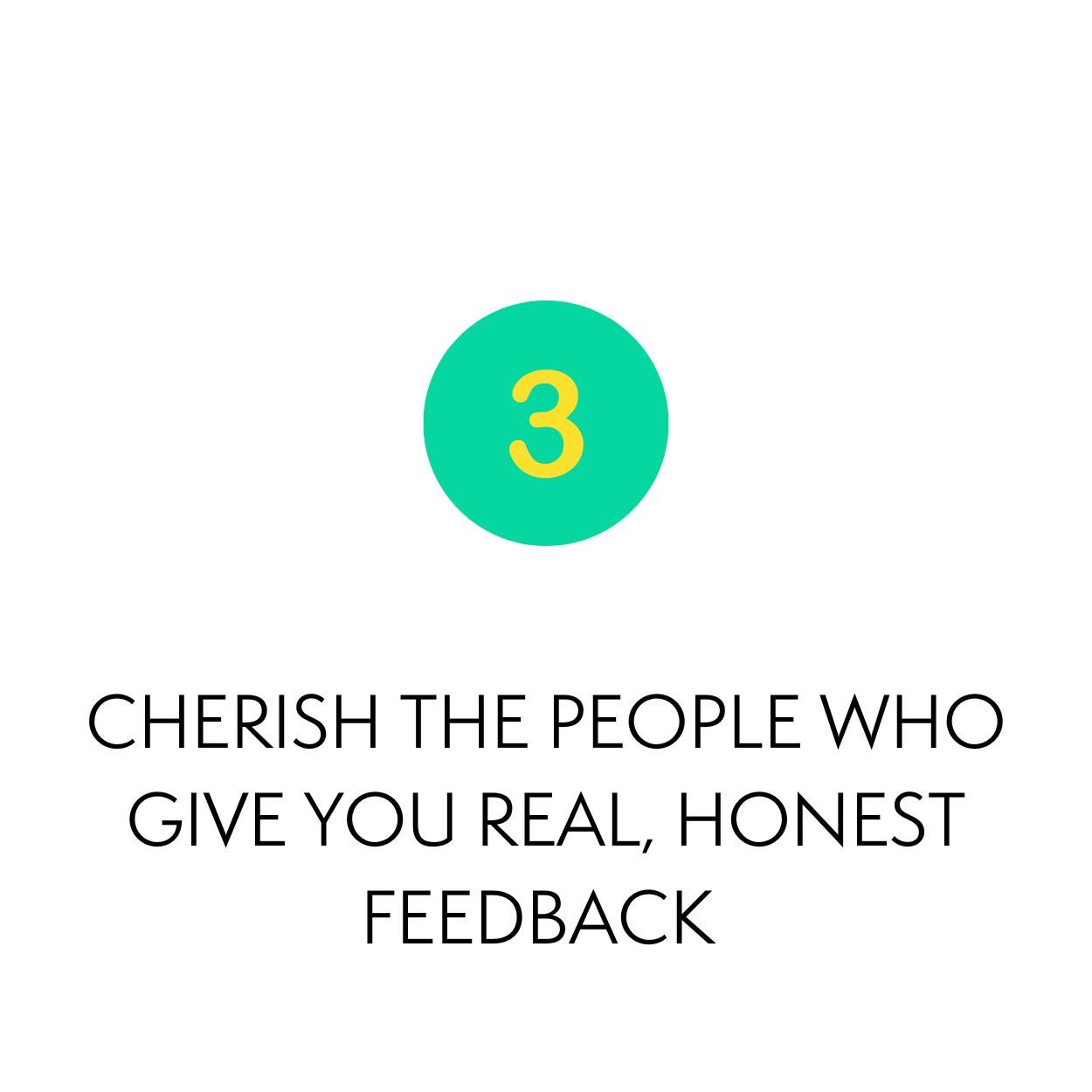In my previous career in theatre, I worked on a play featuring a famous English actor, which explored the relationship between an older man and a younger man.
The central question was whether the older man abused his authority in pursuing a relationship with the younger man.
Initially, London audiences were captivated by the play's ambiguity and tension.
However, as the production toured nationally, the older actor's performance became increasingly more lascivious, as he was more and more physical with the younger actor.
When I visited the production three months into the tour, the audience was visibly confused by the altered dynamics.
At breakfast the next morning, the production team revealed it had been ‘very difficult’ to give the famous actor notes. As a result, his performance and the production became bent out of shape.
The higher you climb, the harder it is to get valuable feedback. This is a problem many of my senior clients experience. Either people are too scared to tell you the truth, they tell you ‘you’re great’ because they don’t want to risk upsetting the boss. Or those who could give it to you assume others are ‘on it’ or you’re figuring it out for yourself.
Running my own business, I get it. I haven’t had a boss in 15 years, so if I want useful feedback, I’ve got to go out and forage for it. I do this by working with a coach, reflecting by myself and debriefing with clients. One place I’m getting pure, unadulterated feedback is on TikTok.
Making videos is something I’ve been steadily practicing over the past six years. Getting better at it is the slowest, most painful process. I still look back on videos I made only three weeks ago and cringe. But since I train others to communicate well, I’m committed to learning as much as I can from the process.
I started taking TikTok seriously at the beginning of the year and have been regularly posting a few videos a week about communication, leadership, and confidence and the community has grown to 13,000. Some videos sink without a trace; others rack up 100k to 500k views. And with those views come... the comments.
Let’s talk about TikTok commenters. If LinkedIn people are in stiff suits, politely saying “love this” “so inspiring” (yawn), my TikTok crowd are the same people, just in their scruffy pyjamas with toothpaste on their spots. And they’re not afraid to tell me exactly what they think. Which is what I want!
Some of my fave comments:
I read these aloud to my family at dinner and my kids can ‘t get enough of them. There are appreciative comments too. And questions, which is a positive sign. But then there are comments that sting: ones about my content, my delivery. The worst part? They could have a point.
One recurring comment I feel embarrassed even to share with you: “You talk too slowly.” When I heard that I felt the familiar stinging feeling of shame that comes when someone tells you something you already know but wish wasn't a problem. Initially I wanted to look for a way out - to blame the algorithm or peoples’ short attention spans. But talking too slowly is a serious issue for a communication coach. No one's hanging around to hear you ramble. I knew I had to interrogate it.
I took it to my TikTok coach (she’s 26, knows her stuff, and charges accordingly). We played a game where she walked from one side of the room to the other and I had to get my point across before she reached the door. It was weird but surprisingly effective. My views shot back up. This is something I teach my clients - but it took working with someone else from another angle to get better at it myself.
Here’s the thing: good feedback hurts. It’s usually the thing you sort of knew but didn’t want to admit. AND it’s crucial for growth.
And as we saw in the story about the actor, even those at the top of their game NEED that kind of feedback to perform at their best.
How can YOU get that kind of raw, unfiltered feedback? Here’s my advice:
Get a coach and learn.
Ask: is there a grain of truth in it? Commit to taking responsibility. There’s a line that writers use: ‘murder your darlings’ which means not being attached to your favourite sentences just because you think they sound good if they don’t contribute to success overall. This can be applied in other areas of our lives.
Think about who these people are in YOUR life. And ask them for more!
Love to hear your thoughts.
What’s the most useful / painful feedback you’ve received? And what’s your process for getting the good stuff? Tell us in the comments.
Ps. Key details were changed in the story at the top so not even the cleverest detective will know the actor I’m talking about.
Pps. If you’d like support in the following areas:
Elevating your personal brand
Support with career transition
Enhancing leadership style
Speech writing and delivery (as well as performance anxiety)
Navigating difficult relationships
Reply to this email and let’s see how The Boost can help you.














